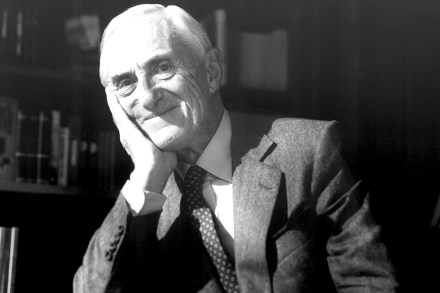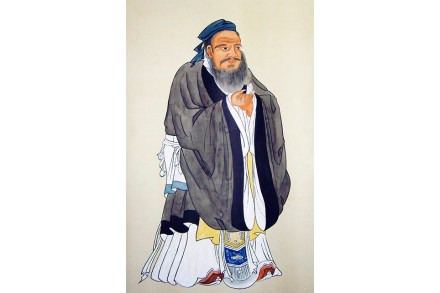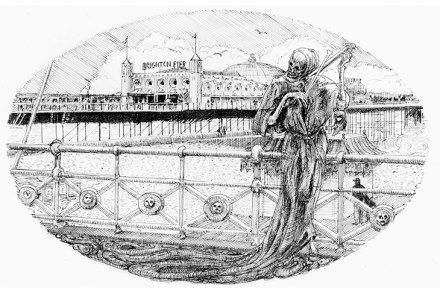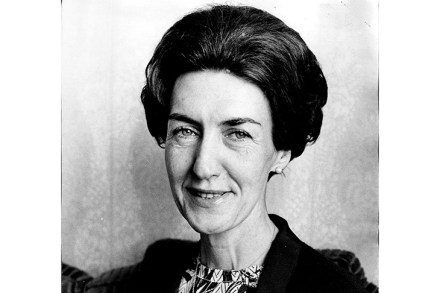A cabinet of curiosities: You, Bleeding Childhood, by Michele Mari
Michele Mari is one of Italy’s most eminent writers. A prize-winning novelist, poet, translator and academic, he is hardly known to anglophone readers, but that is about to change. You, Bleeding Childhood, a collection of 13 stories written over a period of 30 years, offers a portal into Mari’s surreal, unsettling world: a place of childhood memories, obsessions and a passion for literature and science fiction. Mari inhabits Borges’s labyrinthine territory. His prose style shares the gleaming formality of Nabokov, but he’s his own man, nonchalantly mixing high and low culture: the literary canon and classic comic books, Dante and pulp. The book gains something in translation: an afterword





















